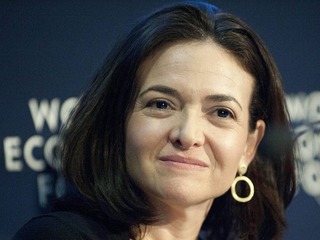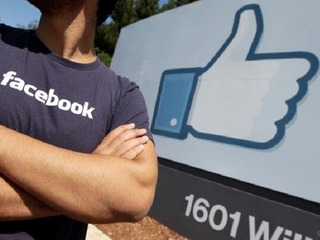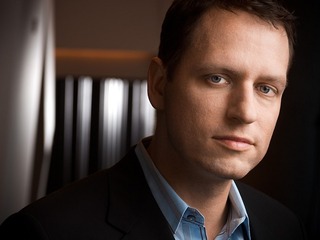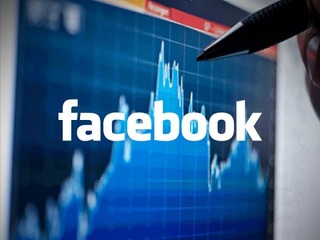Oxford Cancer Analytics raises $11M to detect lung cancer via a blood test
OXcan combines proteomics and artificial intelligence for early detection
Read more...
Facebook stock has been on a bumpy road, as everyone in the universe knows. Every time it seems to be going OK, something jolts and causes it to go down again. Lately it seems to be a succession of lockouts, occurring every few weeks, which seem to be making investors nervous about a potential sell off.
Facebook’s third lockout period ends Wednesday, when another 800 million shares will be freed.
If the stock’s performance today is any indication, investors don’t really know how to feel.
Today was a particularly rocky day for the stock. At one point it fell to a low of $18.87, its lowest since October 19, when it hit $ 18.80. The stock was able to rally, though, finishing up 4.48%, at $20.07 to stop a five-day skid.
So why do these lockouts seem to be making investors so skittish? Perhaps it is because the last two times shares were freed the stock took a dive.
Over 271 million shares were freed to be sold by executives and investors in August and, as a result, the stock fell nearly 5% to $20.17, its lowest levels yet at the time, down to nearly 50% of its IPO price.
Then, at the end of October, 230 million shares held by employees and executives were freed and the stock dropped 3.79% to $21.11.
Still, if there is one consolation, it seem like there was not a huge sell off of stock, at least not from the executives at Facebook.
After the first lockup ended, it came out that Peter Thiel had sold off over 20 million shares of Facebook stock at prices between $19.69 and $20.70, netting him roughly $406 million.
But the truth behind that story was that Thiel had actually sold off his stock months before, using a rule that allows executives and directors in a company to sell their stock before they have any inside knowledge so that they cannot be accused of insider trading.
He had essentially sold off a large part of his stock months before.
After the second lockout, it became known that COO Sheryl Sandberg, General Counsel Ted Ullyot, and Chief Account Officer David Spillane all sold at least a portion of their shares.
In advance of the lockup period ending, Sandberb, Ullyot, Spillane, along with three other Facebook executives, marketing VP David Fischer, VP of engineering Mike Schroepfer, and CFO David Ebersman, all filed forms with the SEC to convert their restricted stock units into class-B shares. In all, more than 45 million shares were converted.
Sandberg sold around 353,000 shares. 13,392 shares were sold at $20.79, and the other 339,512 were sold at $21.09 a share, netting her $7.4 million. Given that she still owns around 20 million Facebook shares, the amount that Sandberg sold off was relatively small, less than 2%, even though she sold the most shares of all three executives.
Ullyot sold a total of 149,075 shares. He sold 142,375 of the shares at $20.10, and the other 6,700 at $21.14, bringing it to a total of $3.13 million. Ullyot still owned another 1.27 million shares.
Spillane sold 256,000 of his 863,000 shares. Selling them at $21.04, he netted $5.4 million total.
According to an 8-K filed in September with the SEC, Mark Zuckerberg will not be selling his Facebook shares for at least a year.
Zuckerberg holds roughly 444 million shares of Class B common stock as well as 60 million shares of Class B common stock issuable upon the exercise of an option.
Two Facebook directors, Marc Andreessen and Donald Graham, also announced that would be selling off some personal stock to pay their RSU tax bill, but that they will not be selling off any shares beyond that.
Facebook has to be hoping that the fact that its executives are holding onto a majority, if not all, of their stock will be a reassurance to its investors.
(Image source: https://venturebeat.com)
OXcan combines proteomics and artificial intelligence for early detection
Read more...Nearly $265B in claims are denied every year because of the way they're coded
Read more...Most expect to see revenue rise, while also embracing technologies like generative AI
Read more...




